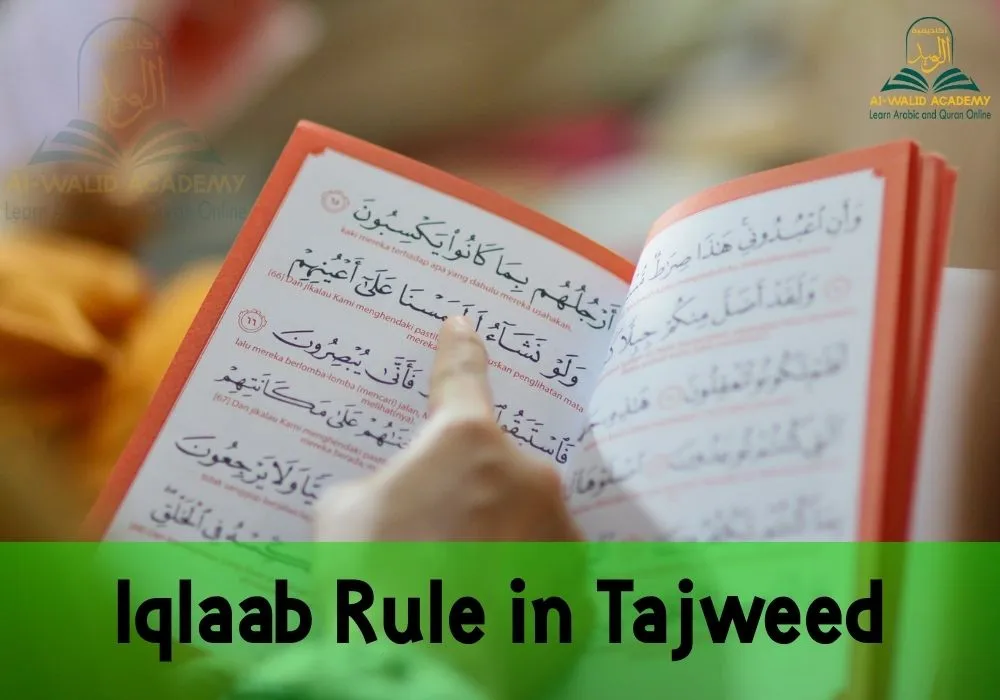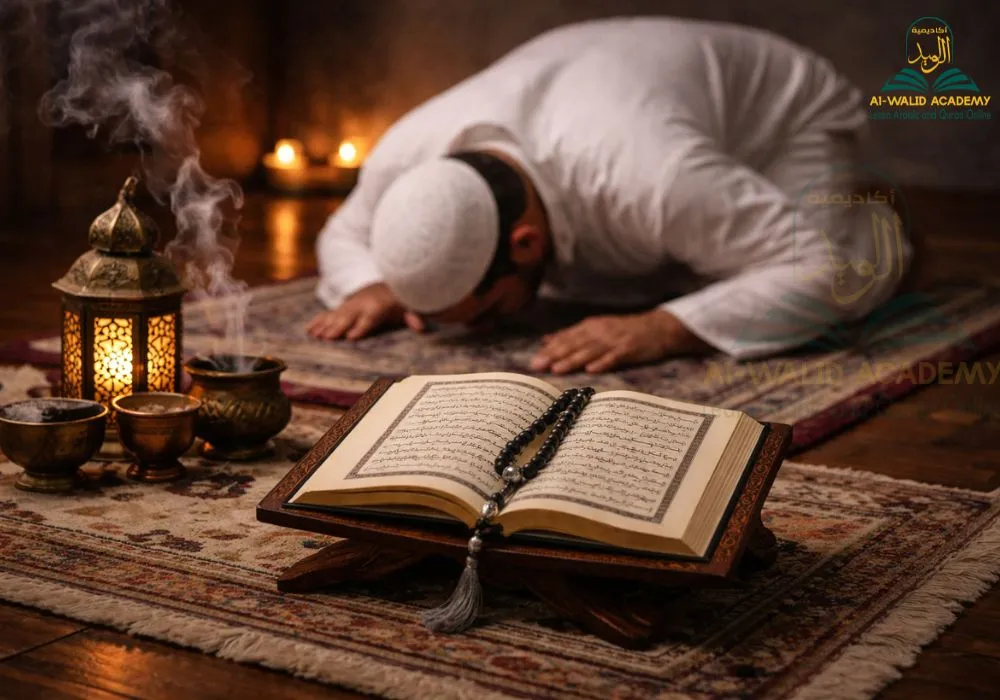What does the Quran say about Israel and Palestine?
The Quran, the holy book of Islam, contains many verses that address the relationship between Israel and Palestine. These verses provide guidance for Muslims on how to view this complex and sensitive issue.
Who are Bani Israel in the Quran?
The Quran mentions the Bani Israel (Children of Israel) numerous times. They are referred to as a chosen people who were blessed by Allah with prophets, scriptures, and a land. However, they also faced many trials and tribulations due to their disobedience to Allah.
Why is Jerusalem important to Muslims?
Unveiling the Significance of Jerusalem for Muslims
Jerusalem, a city resonating with religious and historical significance, holds a unique and profound place in the Islamic faith. Beyond its status as a contested territory, Jerusalem’s importance for Muslims is woven from a rich tapestry of narratives, prophecies, and spiritual experiences. Let’s delve deeper into the factors that make this city so central to Islamic belief:
- The Night Journey and Ascension (Isra and Miraj): This pivotal event, narrated in the Quran and Islamic traditions, recounts the Prophet Muhammad’s (PBUH) miraculous journey from Makkah to the “Farthest Mosque” (Al-Aqsa Mosque) in Jerusalem. This celestial voyage cemented Jerusalem’s centrality in the Islamic faith, establishing a direct connection between the Prophet (PBUH) and the sacred space.
- The First Qiblah: Before the revelation designating the Kaaba in Makkah as the direction of prayer (Qiblah), Muslims faced Jerusalem during their prayers. This historical practice underscores the early reverence for Jerusalem within the Islamic tradition.
- Prophecies and Eschatology: Many Islamic scholars interpret verses from the Quran, like those in Surah al-Isra (17:104), as prophecies foretelling a future gathering of believers in Jerusalem before the Day of Judgement. This belief imbues the city with an eschatological significance, associating it with momentous events yet to come.
- The Successors of Abraham: Muslims revere Abraham (PBUH) as a patriarch and a prophet. Islamic tradition establishes Jerusalem as the land where Abraham (PBUH) established his family and where numerous prophets preached. This historical connection strengthens the emotional and spiritual ties Muslims feel towards the city.
- The Third Holiest Site: While Makkah and Madinah hold the top positions in Islamic sanctity, Jerusalem is widely considered the third holiest city in Islam. The presence of the Al-Aqsa Mosque, a magnificent architectural marvel, serves as a constant reminder of the city’s spiritual significance.
- A Shared Holy Land: Jerusalem’s importance isn’t exclusive to Muslims. It’s also a holy city for Jews and Christians. This shared reverence for the land underscores its unique spiritual status and the potential for peaceful coexistence amongst the Abrahamic faiths.
Understanding the Complexities
The religious significance of Jerusalem for Muslims is undeniable. However, the city’s political complexities cannot be ignored. The ongoing Israeli-Palestinian conflict casts a long shadow, making Jerusalem a focal point of tension and highlighting the need for a just and peaceful resolution that respects the religious rights of all communities.
Could you think and tell me What does the Quran say about Israel and Palestine?
Learn more about the History about this land Now :
Learn Quran, Arabic, and Islamic Studies with certified teachers in fun, interactive, and personalized sessions. Join thousands of students around the world and begin your path today!
Is Palestine a holy land for Muslims?
Palestine is a holy land for Muslims because it is the site of many important events in Islamic history. It is also the location of the Al-Aqsa Mosque and the Dome of the Rock.
Why is Palestine important to Islam?
Palestine is important to Islam because it is the land where the Prophet Muhammad (peace be upon him) ascended to heaven during the Night Journey. It is also the land where many prophets and messengers of Allah lived and preached.
- About this point, we provide Islamic Studies classes for our students and teach them the rules of Islam and the good teachings of Islam, Ready to take the next step in your spiritual journey? Sign up and contact us for our program today and Unleash your thinking and learn Islamic studies correctly
How Many Times Is Palestine Mentioned in the Quran?
The specific name “Palestine” is not mentioned directly in the Quran. However, the land historically associated with Palestine, including Jerusalem (Al-Quds) and its surrounding areas, holds a significant place in Islamic teachings. The Quran refers to this region indirectly, using terms like “the blessed land” or “the holy land,” which Islamic scholars interpret as encompassing the area historically known as Palestine.
For example, in Surah Al-Isra (17:1), the Quran mentions the Night Journey of the Prophet Muhammad (peace be upon him) to Al-Masjid Al-Aqsa, located in Jerusalem: “Glory be to Him who took His servant by night from Al-Masjid Al-Haram to Al-Masjid Al-Aqsa, whose surroundings We have blessed…” This verse highlights the sanctity of the land surrounding Al-Masjid Al-Aqsa, which is widely understood to include Palestine.
- Additionally, in Surah Al-Ma’idah (5:21), the Quran refers to the “holy land” which was destined for the Children of Israel: “O my people, enter the holy land which Allah has assigned to you and do not turn back and become losers.” This term, “holy land,” is interpreted by many scholars as referring to the region that includes modern-day Palestine.
- While the Quran does not mention “Palestine” by name, the significance of the land associated with it is deeply embedded in Islamic tradition. The region is considered blessed and holds profound religious importance for Muslims worldwide.
- In conclusion, while the specific term “Palestine” does not appear in the Quran, the holy and blessed lands that the Quran refers to are widely interpreted to include the region of Palestine, reflecting its deep spiritual and historical significance in Islam
Is Palestine Mentioned In The Quran
The question of whether Palestine is mentioned in the Quran is often asked, especially given the region’s deep historical and religious significance. While the specific name “Palestine” is not directly mentioned in the Quran, the land associated with Palestine holds considerable importance in Islamic tradition. The Quran refers to this region as “the blessed land” or “the holy land” in several verses, which Islamic scholars widely understand to encompass the area historically known as Palestine, including Jerusalem and its surroundings.
One key reference is found in Surah Al-Isra (17:1), where Allah mentions the journey of the Prophet Muhammad (peace be upon him) during the Night Journey (Isra and Mi’raj): “Glory be to Him who took His servant by night from Al-Masjid Al-Haram to Al-Masjid Al-Aqsa, whose surroundings We have blessed…” Here, “Al-Masjid Al-Aqsa” refers to the sacred mosque in Jerusalem, a city located within the historical boundaries of Palestine. The phrase “whose surroundings We have blessed” is interpreted to refer to the broader region, highlighting its spiritual significance.
- Moreover, in Surah Al-Ma’idah (5:21), the Quran speaks about the land that was destined for the Children of Israel: “O my people, enter the holy land which Allah has assigned to you and do not turn back and become losers.” The term “holy land” (Al-Ard Al-Muqaddasah) is understood to include Palestine, underscoring its religious importance in the Abrahamic faiths.
- While the Quran does not explicitly name “Palestine,” the region’s significance is deeply embedded in Islamic teachings. The lands associated with Palestine are revered in Islam, not only for their historical and religious connections but also as a place of profound spiritual importance. This understanding continues to shape the spiritual and cultural identity of Muslims around the world.
What does the Quran say about Israel and Palestine?
For centuries, the fate of Palestine has been a flashpoint of religious and political tension. The Quran, the holy book of Islam, offers a unique perspective on this complex issue, not through explicit pronouncements but through veiled prophecies. Let’s embark on a journey to decipher these hidden messages.
The Inheritance Awaits the Righteous
The Quran doesn’t directly mention the modern state of Israel. However, it frequently refers to the land itself with terms like “Holy Land” and “Land of Canaan,” highlighting its historical and religious significance. More importantly, Surah al-Anbiya (21:105-106) speaks of a divine decree:
“وَلَقَدۡ کَتَبۡنَا فِي الزَّبُوۡرِ مِنۡۢ بَعۡدِ الذِّکۡرِ اَنَّ الۡاَرۡضَ يَرِثُہَا عِبَادِيَ الصّٰلِحُوۡنَ۔ اِنَّ فِيۡ ہٰذَا لَبَلٰغًا لِّقَوۡمٍ عٰبِدِيۡنَ۔ وَمَاۤ اَرۡسَلۡنٰکَ اِلَّا رَحۡمَةً لِّلۡعٰلَمِيۡنَ۔”
- This verse, interpreted by Islamic scholars, suggests that the rightful inheritors of this land are those who embody true devotion to God. The temporary dominance of the Israelites in Palestine doesn’t negate this prophecy. It can be understood as a test, a reminder that righteousness is the key to lasting possession.
A Cycle of Loss and Restoration
The Quran, in Surah Bani Israel (17:4-8), narrates the story of the Israelites who were initially granted dominion over Palestine. However, their transgressions led to their expulsion. They were eventually restored to the land, but the cycle repeated due to their continued disobedience.
This historical narrative acts as a powerful allegory. It suggests that possession of the land is conditional upon righteousness. If Muslims deviate from the path of devotion, they risk losing their hold on Palestine, just as the Israelites did.
Hope for the Future
The Quran doesn’t predict a timeline for the return of the land to the righteous. However, the emphasis on the temporary nature of the Israelites’ current dominance offers hope for Muslims. The prophecy serves as a motivational force, urging them to live by the principles of Islam to reclaim their rightful inheritance.
Beyond the Political
While the land issue is significant, the Quran’s message goes beyond the political realm. The prophecy reminds Muslims of the importance of adhering to their faith. True victory lies not just in territorial possession but in remaining steadfast on the path of righteousness.
Learn Quran, Arabic, and Islamic Studies with certified teachers in fun, interactive, and personalized sessions. Join thousands of students around the world and begin your path today!
Where in the Quran is Palestine mentioned?
The word “Palestine” is not mentioned in the Quran. However, the land of Palestine is referred to as the “Holy Land” and the “Land of Canaan” in the Quran.
What does Quran say about Masjid Al Aqsa?
The Quran elevates the status of Masjid Al-Aqsa to a position of immense significance within Islam. Let’s delve deeper into the Quranic verses that illuminate the centrality of this holy site:
- The Night Journey (Surah Al-Isra, 17:1): This pivotal verse narrates the Prophet Muhammad’s (PBUH) miraculous journey from the Sacred Mosque (Masjid al-Haram) in Makkah to the “Farthest Mosque” (Al-Masjid Al-Aqsa) in Jerusalem. This event underscores the spiritual connection between the two holiest sites in Islam.
- A Place of Blessings (Surah Al-Jinn, 72:15-16): These verses describe Masjid Al-Aqsa’s surroundings as “blessed” and a place where Allah bestowed His signs upon Prophet Solomon (PBUH). This signifies the inherent sacredness of the land surrounding the mosque.
Beyond the Verses: Prophetic Traditions
The Prophet Muhammad’s (PBUH) teachings further amplify the importance of Masjid Al-Aqsa. He emphasized the significance of prayers offered there, with some traditions mentioning rewards multiplied by 250 or even 500 compared to prayers offered elsewhere.
Read about: Learn Why do Muslims Dislike Christians
What does the Quran say about Palestine being free?
The Quran, while not specifically mentioning modern geopolitical entities, provides a robust framework that speaks to concepts of justice, resistance against oppression, and the protection of sacred lands—principles that resonate deeply with the idea of Palestine’s freedom.
Justice and Oppression
One of the core messages of the Quran is the emphasis on justice and standing up against oppression. In Surah Al-Hajj (22:41), it states, “Those who, if We give them authority in the land, establish prayer and give zakah and enjoin what is right and forbid what is wrong. All outcomes rest with Allah.” This verse underscores the duty of believers to uphold justice and righteousness, encouraging them to stand against oppression and advocate for the rights of those who are oppressed.
The Sacredness of the Land
While the Quran does not directly mention “Palestine,” it references the sacredness of the land in which Jerusalem, known as Al-Quds, is situated. Surah Al-Isra (17:1) describes the Night Journey (Isra and Mi’raj) of the Prophet Muhammad (peace be upon him) to Al-Masjid Al-Aqsa, located in Jerusalem: “Glory be to Him who took His servant by night from Al-Masjid Al-Haram to Al-Masjid Al-Aqsa, whose surroundings We have blessed…” The sanctity of this land is clear, and the responsibility to protect and maintain the freedom of such a significant place is a theme that aligns with the broader Islamic values of justice and peace.
The Call for Liberation
The Quran’s overarching message includes the liberation of oppressed people and the restoration of justice. While the text does not directly address the modern political concept of Palestinian liberation, the principles it upholds—resistance against tyranny, the pursuit of justice, and the protection of holy sites—are clearly applicable to the Palestinian context. Supporting the freedom of Palestine can be seen as an extension of these Quranic teachings.
In essence, the Quran supports the idea of resisting oppression and ensuring justice, which naturally extends to the context of Palestine. The call for freedom, protection of sacred lands, and the upholding of justice are deeply rooted in Islamic teachings, making them relevant to the contemporary struggle for Palestinian liberation.
- In our quest for a deeper connection with our faith and understanding of the Islamic faith such as that which speaks to the Palestinian issue, resources such as those found in the Alwalid Academy offer invaluable guidance. Here, you can explore courses designed specifically to enrich your spiritual practices and knowledge of Islamic rituals.
Read more about What The Quran Says About Christianity
Quran Verses About Israel and Palestine
The Quran addresses various regions and peoples with significant historical and spiritual relevance, including lands that are today recognized as Israel and Palestine. While the Quran does not specifically name these modern political entities, it does refer to the region with profound reverence, often describing it as “the blessed land” or “the holy land.”
One of the key references is found in Surah Al-Isra (17:1), where Allah mentions the Prophet Muhammad’s (peace be upon him) Night Journey to Al-Masjid Al-Aqsa, which is located in Jerusalem: “Exalted is He who took His Servant by night from Al-Masjid Al-Haram to Al-Masjid Al-Aqsa, whose surroundings We have blessed…” This verse underscores the sanctity of Jerusalem and its surrounding areas, making the region spiritually significant in Islam.
- Additionally, in Surah Al-Ma’idah (5:21), the Quran speaks of a “holy land” assigned to the Children of Israel: “O my people, enter the holy land which Allah has assigned to you and do not turn back and become losers.” This verse is interpreted to refer to the ancient lands that are part of the historical and spiritual landscape of the region now known as Israel and Palestine.
- These references in the Quran emphasize the importance of justice, reverence, and the recognition of the spiritual significance of the land. The teachings encourage peace and coexistence, acknowledging the deep-rooted religious connections that the area holds for Muslims, Jews, and Christians alike.
Conclusion
The Quran guides Muslims on how to view the complex and sensitive issues of Israel and Palestine. It calls for peace and justice for both sides and emphasizes the importance of the holy land of Palestine.
I hope that you find your answer to your question: What does the Quran say about Israel and Palestine? in our blog





